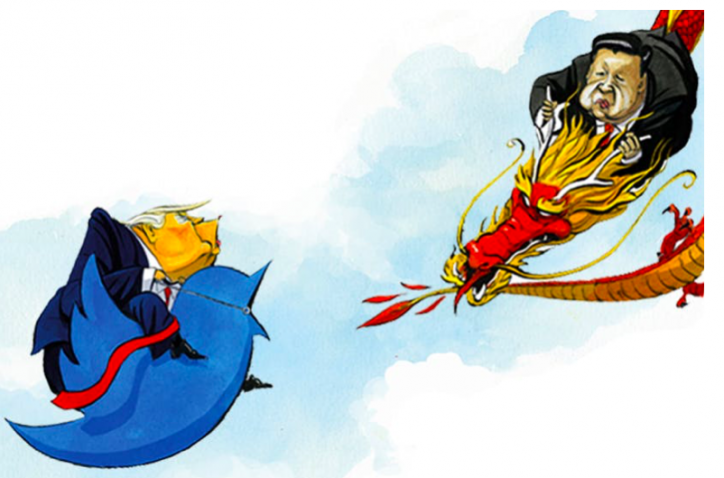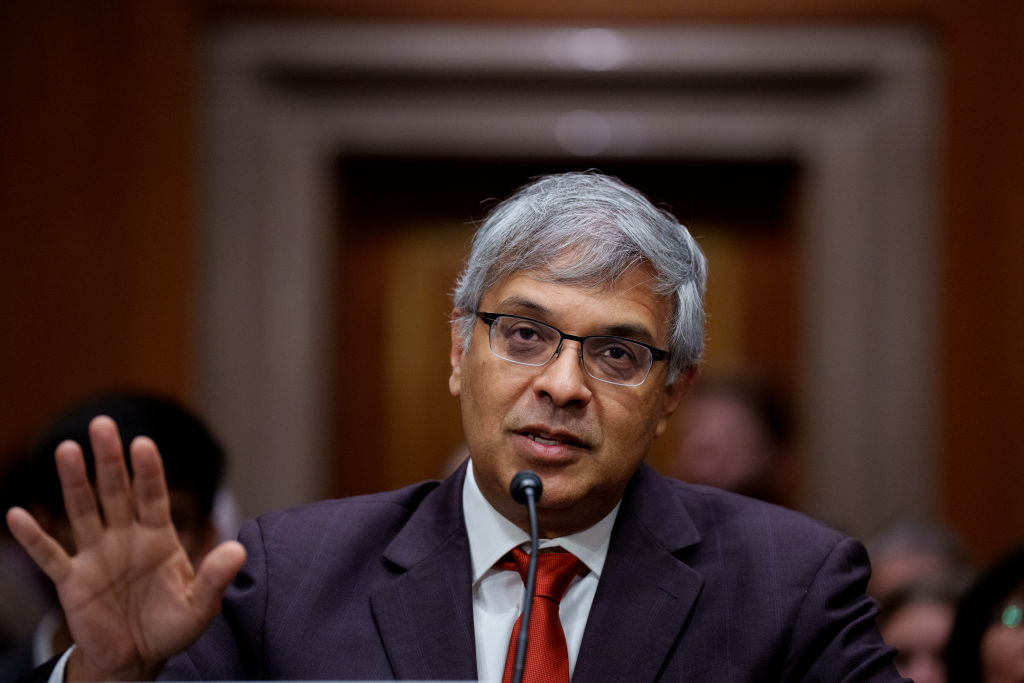It is already commonplace to say that coronavirus has brought the age of globalization to a shuddering halt. How silly it suddenly seems for production to be held up at a factory in Ohio for want of a 50-cent part normally imported from China. Months after the first COVID-19 deaths in America, we are still waiting for urgently needed Chinese medical supplies. Americans are going without pork or beef, but Chinese-owned US meat processing plants are exporting carcasses to China. Something seems to have gone wrong with almost everything. The global supply chain has us in domestic and strategic knots.
As a result, the idea of national self-sufficiency, which had already been growing since the financial crisis of 2008, is suddenly in high fashion. It is an understandable impulse, but one that must be tempered with restraint, since overcorrection is the most dangerous of human tendencies. This is no time to switch off the great engine of economic growth which has made us richer than anyone could have imagined at the end of World War Two. Many Americans have been left behind and ignored — that needs to change. But the solution is not to abandon the country to a lower trajectory of economic growth, if not outright decline.
National self-sufficiency is a serious option for the United States in a way that it isn’t for, say, Belgium. When you are a country of continental scale and moderate population density with varied natural resources and climatic zones, it is possible to conceive of retreating into a comfort zone in which most goods and services consumed in the United States are produced there. In recent years, America’s strategic focus has been on energy self-sufficiency, not least because it would allow a US president to turn a more or less blind eye to political instability in the Middle East without worrying about the effect on the domestic economy. Despite the protests of environmentalists and lobbyists, the US did indeed become a net energy exporter. But then COVID-19 happened and the oil price crashed so low that American production has become unsustainable.
Therein lies one of the drawbacks of trying to pull back from a global economy: retreat can protect you against surges in commodity prices, but it can also undermine your ability to benefit from them. At the beginning of the year, high domestic oil production in the US might have seemed a clever idea. Now, with oil prices falling negative at one point as producers become desperate for places to store their surplus production, it has become a liability. Non-oil-producing countries, meanwhile, are laughing — or would be, if they weren’t also wrestling with the pandemic.
The skill of constructing a trade and industrial policy lies in balancing the wealth-generating properties of free trade with the profound issues it raises. It is ridiculous, for example, that US hospitals are desperate for protective gear for dealing with patients infected with coronavirus. Lots of people foresaw the possibility of an oil crunch; many, too, argued for the desirability of keeping a native steel industry, or fretted over the loss of national prestige which would come with car or plane production being lost overseas. Rather fewer imagined that we would find ourselves strategically disadvantaged by a shortage of medical aprons. We have realized far too late, as Dominic Green argues, that economic needs cannot be disentangled from security ones.
It doesn’t follow, however, that it would be a good idea for government to prepare for a possible future pandemic by jacking up tariffs on aprons and subsidizing US apron-producers. All that would achieve is to tie up resources in the production of goods which we could obtain more cheaply elsewhere. Resources could be better employed producing goods and services potentially of much higher value to the US. A more logical approach is for government to create a list of products which might have to be manufactured domestically at short notice in the event of a medical crisis — drugs and much else besides — and to ensure that there are production lines in the US which could be switched in the event of acute need.
There is a great desire at the moment to punish China, perhaps by erecting trade sanctions and demanding reparations, in response to the Communist party’s initial attempts to cover up the virus. The relationship between China and the World Health Organization (WHO) needs examining. It is outrageous that Tedros Adhanom Ghebreyesus, the director of the WHO, praised Chinese ‘transparency’ when the first instinct of the regime was to silence doctors who had sounded the alarm about a novel virus.
Abruptly cut off trade with China or any other country and all you achieve is to make everyone poorer. You hurt American consumers — and not just by preventing them from buying plastic tchotchkes: the Chinese produce masses of valuable goods, too. You also invite retaliation from a country that is increasingly confident in its superpower status. We need a careful but determined uncoupling from China’s vast economy. When the COVID-19 crisis passes, America must deploy an industrial policy to strike a better balance between globalization and the national interest.
This article is in The Spectator’s June 2020 US edition. Subscribe here to get yours.

























